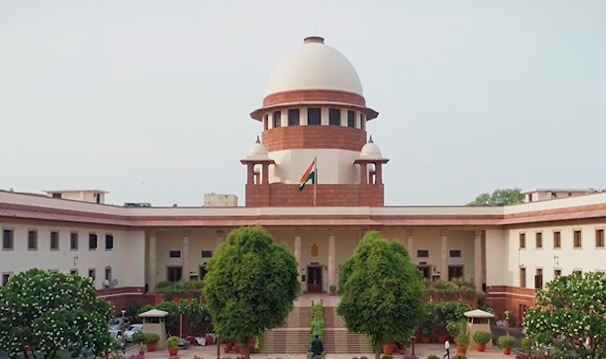
The Supreme Court recently reiterated that time served as an ad-hoc judge will not be considered in determining seniority and, thus, elevation to the High Court.
A bench of Justice Ajay Rastogi and Justice Bela M Trivedi was hearing a petition filed by nine judicial officers who were upset that their service as an ad-hoc judges was not taken into account when deciding on judge elevations to the Andhra Pradesh High Court.
In 2003, the judicial officers were appointed as ad-hoc Judges for Fast Track Trial Courts. In 2013, they were appointed as regular Judges.
Then, these judicial officers sought relief from the Supreme Court after the High Court Collegium refused to consider them for elevation to the High Court because they had not completed ten years of regular judicial service, as required by Article 217 (2) (a) of the Constitution.
The petitioners argued that if their time serving as ad hoc judges was included, the requirement of 10 years of judicial service would be fulfilled.
In addition, they emphasised that there had been no interruption in the cadre during their ten years of service as judges (including their time serving as ad hoc judges) and that others beneath them have subsequently been promoted to the High Court.
However, the bench dismissed the petition and observed that the issue was settled in an earlier Supreme Court decision in Kum C. Yamini v. The State of Andhra Pradesh & Anr.
The bench ruled, in that case that the judicial officers are not entitled to the benefit of seniority from the date of their initial appointment as ad hoc judges.
Furthermore, the Court stated that such service as ad hoc judges would only be considered for pensionary and other retiral benefits.
“Since the services rendered by the petitioners as Fast Track Court Judges have not been recognized by this Court for the purpose of seniority except for pensionary and other retiral benefits, the plea raised by the petitioners to consider their service rendered as fast track court judges as a judicial service for the purpose of Article 217(2)(a) of the Constitution, in light of the judgment of this Court what being prayed for, is not legally sustainable,” the court ordered.




